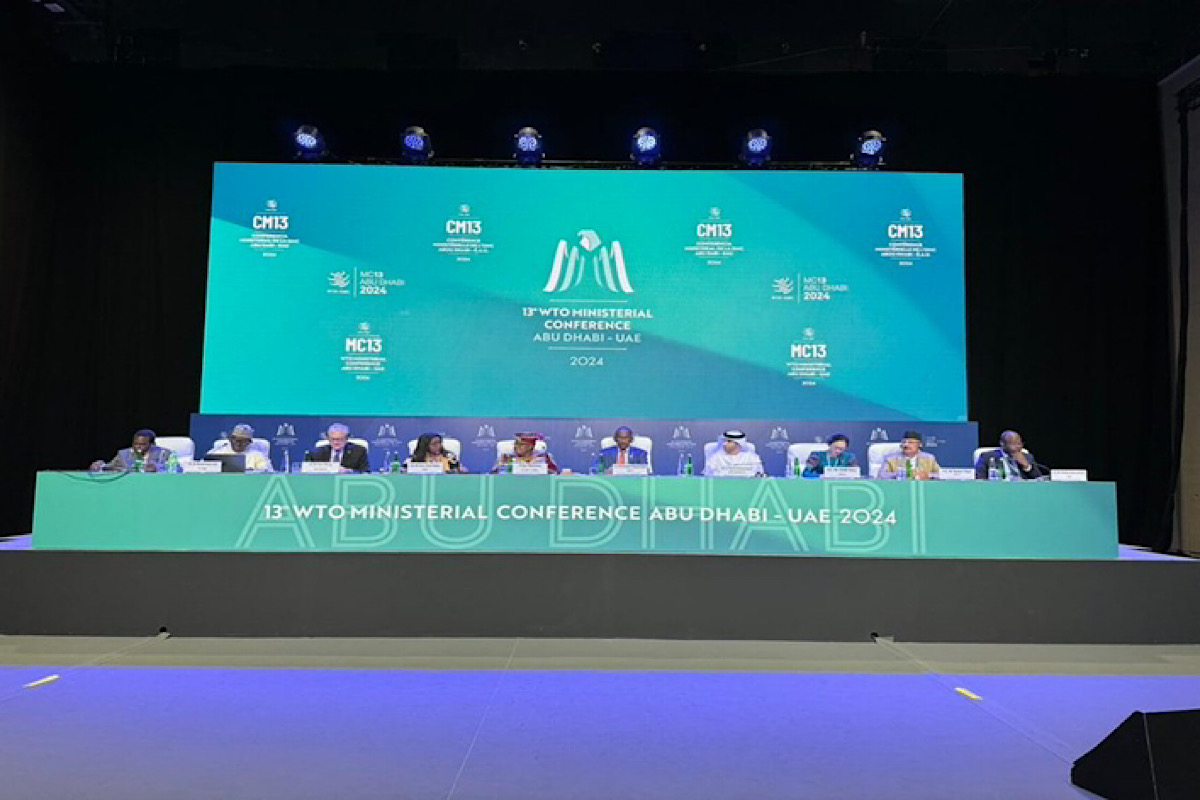India records 17 pc jump to become 4th largest exporter of digital services: WTO report
India’s growth rate was much higher than the 4 per cent increase posted by China and Germany.
Both the countries said that as there is no consensus on the agreement, and that it could not be included in the outcome of MC13.

(Photo:Doordarshan)
At the 13th Ministerial Conference (MC13) on Thursday, India along with South Africa objected to the China-led group’s Investment Facilitation for Development (IFD) proposal. The move is to ensure that China does not become part of the outcome document.
Both the countries said that as there is no consensus on the agreement, and that it could not be included in the outcome of MC13.
It is worth highlighting that the IFD proposal, agreed upon by 123 member nations of the World Trade Organization (WTO), seeks to improve transparency in investment regulations and make countries more attractive to foreign and national investors.
Advertisement
Further, the proposal also aims for higher-quality investment at a time when many developing countries are grappling with weak growth and high inflation.
India contends that the proposal will dilute the multilateral nature of the WTO. It said a “non-mandated and non-multilateral issue” becoming a formal process in the WTO will violate the organization’s framework.
However, the China-led group wants to bring the proposal through Annexure-4 of the WTO, under which the proposal would be binding for signatory members and not for those who oppose it.
China and countries dependent on Chinese investments, first mooted the Investment Facilitation for Development in 2017.
The development came at the four-day ministerial meeting underway in Abu Dhabi.
On Wednesday, India emphatically called for the restoration of the appellate body as the top-most priority of any reform process at the working session on dispute settlement (DS) reforms.
It also called for effective formalization of the ongoing informal dispute settlement and reform discussions among some members at the WTO.
During the working session, WTO members noted that the appellate body — the appellate arm of the DS system — had been non-functional since December 2019, due to the blocking of appointment of its members by the United States. This had called into question the WTO’s overall credibility and the rules-based trade-order it upholds.
Advertisement